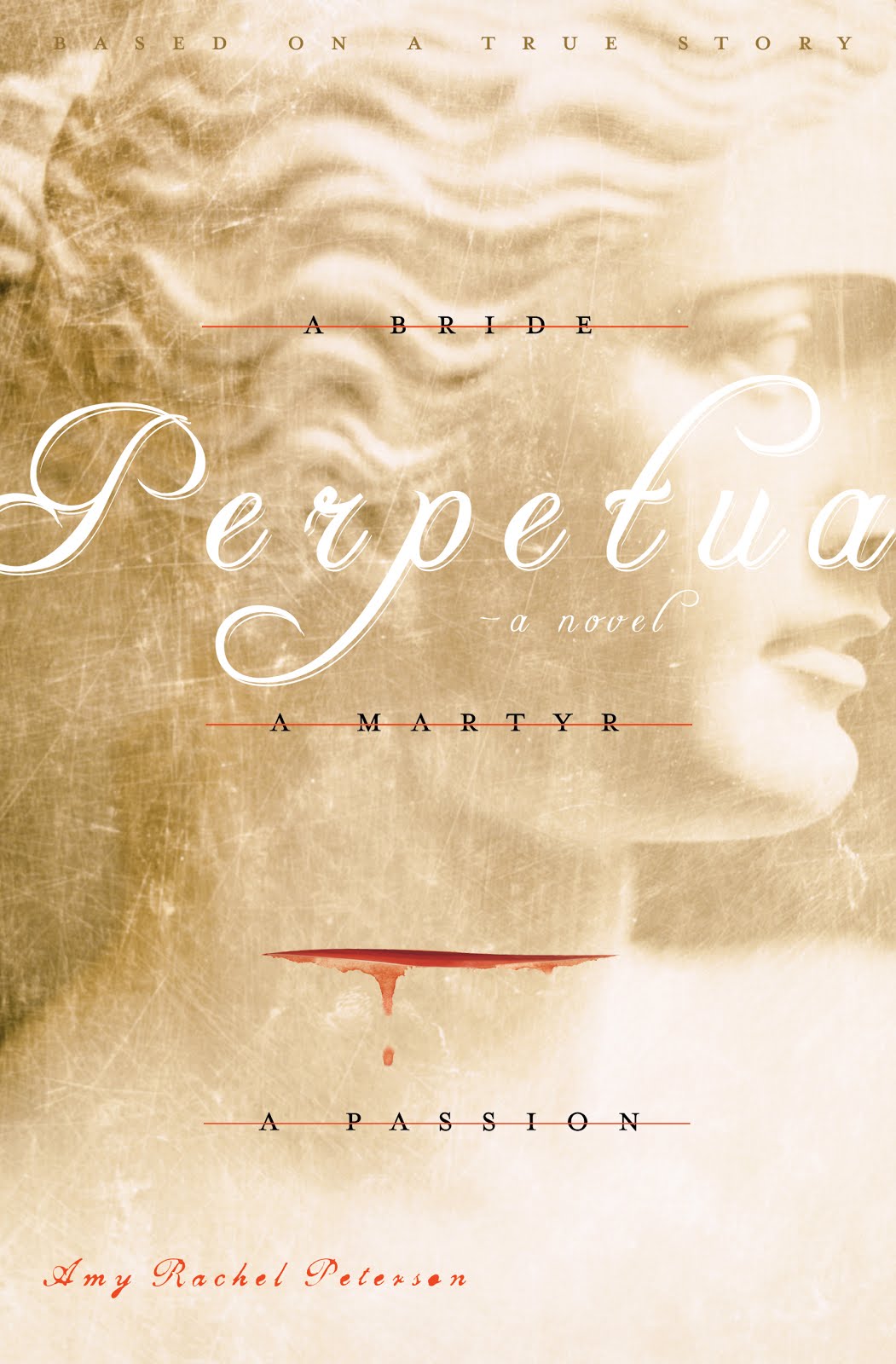Often I don’t pray in true helplessness. I go to God, already having formed (in my mind or even in my felt expectations) the scenario of what and how He will answer. It’s rare that I ask, not knowing the answer (or not thinking I know how I should be answered).
Do this when you’re a student, and you’ll be
recognized as a fool who thinks he knows everything. Do this as an adult Christian, in your relationship with
God, and your intimacy with Him will be disastrously stunted – for you aren’t
actually trying to know and discover Him
(the one who, like a husband, thinks differently and comes up with very
different solutions than his wife would), you are simply superimposing your own
views of who He should be and how He should act. This is treating Him like a non-existent person…an entity in
name only…not a living, breathing, delightfully other-than, independent Thinker.
Why might I have a boring, boxed-in life? Because I’m not willing to let Someone
outside the limited scope of my box (my intelligence, my experience, my vision)
make pathways for me that will go past the horizon of my sightline. Why might I have boring, boxed-in
prayer interactions with Him?
Maybe I’m acting like He doesn’t exist as a separate person with
thoughts independent from me.
For the first six months of an infant’s life,
they are not aware that their mother is a separate person from themselves. I may be thirty-five years old in the
Lord, but am I still acting like a five-month-old infant when I pray?
Once we realize how different other people are from ourselves, they're fascinating. There are certain people I love to listen to (my siblings for example, or my teachers)--incredibly intelligent people, with worlds inside them I don't have. We each have lived whole lives, in whole realms, outside of any other's experience. I may not have been a missionary in Kazakstan, but if I listen well, I get to experience…I get to almost live in…the riches of all that has been deposited in my friend while HE was a missionary in Kazakstan. As soon as I realize how richly different from me each one is, I suddenly become heir to every land and life in the world. Only close-minded self-preoccupation can keep me locked in the poverty of my own personal and thus limited intelligence, experience, vision, understanding, wisdom…
I also may not be God (actually, I'm most definitely and happily not). What an invitation I have to enter the world of His thoughts, His sight, His experiences, His wisdom… Only close-minded self-preoccupation can keep me out of that exhilarating wealth.
Praying is relating. Relate to Him, not to yourself. Ask, talk, and then listen. Listen, and be ready for a conversation that might surprise
you. He’s difficult to anticipate,
our delightfully-different-than-me God!




